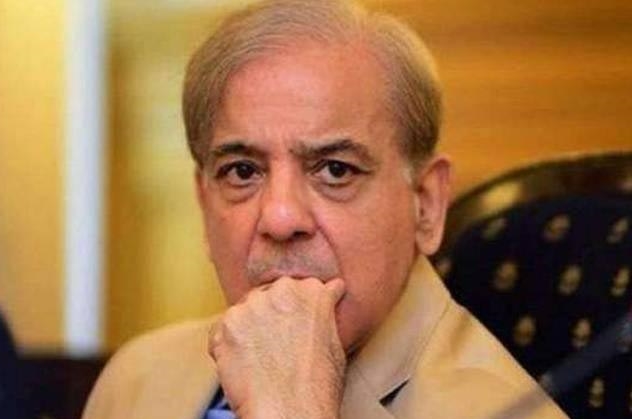
R Krishna Das
Though Shehbaz Sharif has taken over as 23rd Prime Minister of Pakistan, the wiser move for the seasoned politician is to go for an early election instead of .
Sharif has manifold challenges in the coveted office; besides keeping its house in order within Pakistan, the new Prime Minister has to regain the trust of the United States and the West that has plunged to all time low.
Considered a strong and determined individual as well as a competent administrator, Sharif should not ignore the fact that he had been heading a coalition that consists of disparate parties and groups, with often conflicting political and economic aims. They united only for an agenda—to oust Imran Khan and his government. Now when the task is complete, the possibility of allies working on the same alignment is bleak.
Whether they will stick together until the elections are called is sceptical. Soon after taking over as Prime Minister, he made the populist announcements that included a 10 per cent raise in pay and pension of government employees and the provision of subsidised wheat flour. It is indicative of the extreme pressure he has been facing right at the onset. The move of mounting further burden on exchequer came at a time Pakistan is battling the worsening economic crisis.
Fixing the broken economy is probably the most formidable challenge that the leading businessman turned Prime Minister of Pakistan. Naturally, it will be top in the agenda of his government. Pakistan cannot think of a good economy without establishing a good diplomatic relation with the U.S. and the West.
The Imran Khan government has left the economy in far worse condition as common people are grappling with elevated double-digit inflation. Pakistan immediately needs to renegotiate a new loan with the IMF, which is not possible without improving the diplomatic relations with the US and other Western powers. The growing political turmoil and the resurgence of militancy in some parts of the country are other challenges that he has to face.
Instead of going for major reforms or putting things in order that are in a very bad shape, the new Prime Minister of Pakistan should moot amending electoral laws and move towards new elections at the earliest.
The general elections are scheduled to be held within 60 days after the dissolution of the National Assembly, which was earlier set to dissolve on August 13, 2023. Since it has been dissolved earlier, the provision says, in which case the election shall be held within 90 days after dissolution. Now, election must be held before October 12, 2023.



